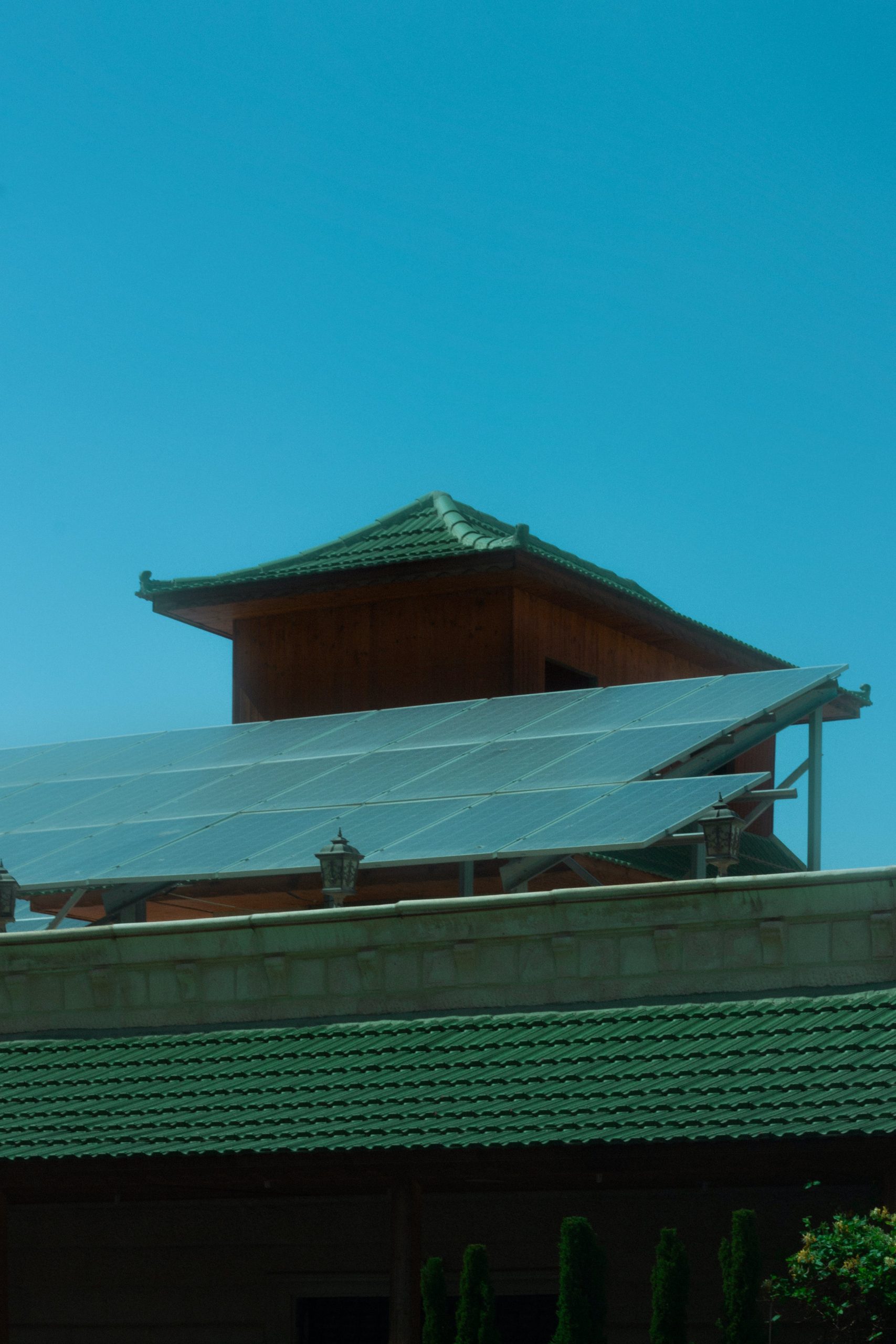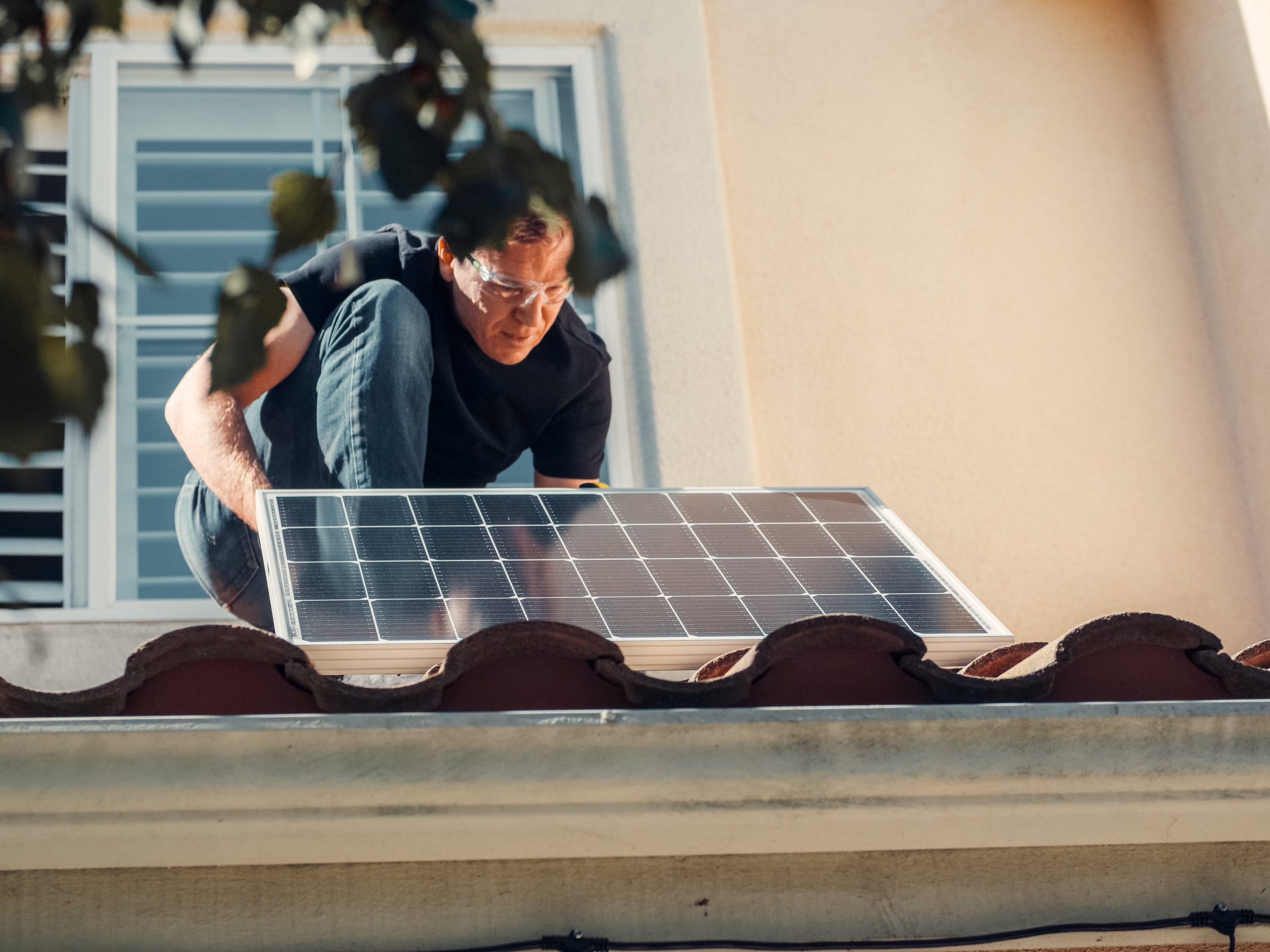What are some benefits of using solar panels?
Solar panels have become an integral part of the renewable energy landscape offering a myriad of benefits to individuals communities and the planet as a whole. In this article we’ll explore the numerous advantages of harnessing solar power.
- Introduction
- Definition of Solar Panels
Solar panels also known as photovoltaic panels are devices that convert sunlight into electricity. They consist of solar cells that capture sunlight and convert it into direct current DC electricity.
- Growing Popularity of Solar Energy
In recent years solar energy has gained immense popularity as a clean and sustainable alternative to traditional energy sources. The increasing awareness of environmental issues and the need for energy independence has contributed to the widespread adoption of solar panels.
- Environmental Benefits
- Reduction in Carbon Footprint
One of the primary environmental benefits of using solar panels is the significant reduction in carbon footprint. Solar power is a clean and renewable energy source producing electricity without emitting harmful greenhouse gases.
- Lower Greenhouse Gas Emissions
Compared to fossil fuels solar energy generation has minimal impact on air quality. By utilizing solar panels we can contribute to the reduction of greenhouse gas emissions mitigating the effects of climate change.
- Limited Air and Water Pollution
Unlike traditional power plants solar panels generate electricity without producing air pollutants or contaminating water sources. This contributes to a healthier environment and safeguards ecosystems.
III. Economic Advantages
- Cost Savings on Energy Bills
One of the most tangible benefits for individuals is the potential for cost savings on energy bills. Solar panels allow homeowners to generate their electricity reducing reliance on grid power and lowering monthly expenses.
- Government Incentives and Rebates
Governments worldwide provide incentives and rebates to encourage the adoption of solar energy. These financial perks make the initial investment in solar panels more attractive accelerating the transition to cleaner energy.
- Increased Property Value
Homes equipped with solar panels often see an increase in property value. The investment in solar technology is considered a valuable asset making the property more appealing to environmentally conscious buyers.
- Energy Independence
- Decreased Reliance on Fossil Fuels
Solar panels contribute to decreasing dependence on finite fossil fuel resources. By harnessing energy from the sun we can diversify our energy sources and reduce the geopolitical and economic implications of fossil fuel dependence.
- Enhanced Energy Security
Solar power provides a decentralized energy source enhancing energy security by reducing vulnerability to centralized power systems. This resilience becomes crucial during natural disasters or other emergencies.
- LongTerm Investment
- Durability and Low Maintenance
Solar panels are designed to be durable and require minimal maintenance. With no moving parts they have a longer lifespan than many traditional energy systems making them a sound longterm investment.
- Return on Investment
The initial cost of installing solar panels can be offset by longterm savings on energy bills and potential revenue from selling excess energy back to the grid. This return on investment makes solar panels a financially viable choice.
- Technological Advancements
- Improved Efficiency
Advancements in solar panel technology have significantly improved their efficiency. Higher efficiency means that modern solar panels can generate more electricity from the same amount of sunlight making them more practical and costeffective.
- Innovation in Solar Panel Design
Ongoing innovation in solar panel design includes flexible transparent and even solarintegrated building materials. These innovations expand the possibilities for incorporating solar power into various environments.
VII. Job Creation
- Growing Solar Industry
The increasing demand for solar panels has led to the growth of the solar industry. This expansion creates job opportunities across various sectors from manufacturing and installation to research and development.
- Diverse Employment Opportunities
Solar energy projects create diverse job opportunities from skilled labor in installation to engineering and research positions. This contributes to economic growth and supports local communities.
VIII. Energy Grid Support
- Reduced Strain on Traditional Power Grids
Solar panels reduce the strain on traditional power grids especially during peak demand periods. This can lead to a more stable and reliable energy supply for everyone on the grid.
- Contribution to a Sustainable Energy Future
By incorporating solar energy into the existing power grid we take significant steps towards a more sustainable and resilient energy future. Solar power complements other renewable sources creating a balanced and ecofriendly energy mix.
- Adaptability and Accessibility
- Solar Panels in Remote Areas
Solar panels provide a practical solution for generating electricity in remote areas without access to traditional power sources. This enhances energy accessibility and improves the quality of life in offgrid locations.
- Portable Solar Solutions
The development of portable solar solutions allows individuals to harness solar power on the go. From camping trips to emergency situations portable solar panels offer a versatile and accessible energy source.
- Public Awareness and Education
- Promoting Solar Energy Literacy
Public awareness and education play a crucial role in fostering the adoption of solar energy. Promoting literacy about the benefits and accessibility of solar power encourages more individuals to make environmentally conscious choices.
- Encouraging Sustainable Practices
Solar panels are not just a technology; they represent a shift towards sustainable living. Encouraging sustainable practices both at an individual and community level helps create a more ecofriendly society.
- Overcoming Challenges
- Initial Installation Costs
While the longterm benefits of solar panels are evident the initial installation costs can be a barrier for some. Exploring financing options and government incentives can help overcome this challenge.
- Storage Solutions for Solar Energy
Addressing the intermittent nature of sunlight requires efficient storage solutions for solar energy. Ongoing research and development aim to enhance energy storage technologies making solar power more reliable.
XII. Community Impact
- Solar Projects in Communities
Communitybased solar projects promote collective efforts to harness clean energy. These projects engage residents in sustainable practices fostering a sense of community and shared responsibility.
- Collective Efforts for Sustainability
The collective use of solar panels in communities creates a ripple effect inspiring individuals to participate in sustainable initiatives. This collective effort contributes to a more sustainable and resilient future.
XIII. Future Trends
- Emerging Technologies in Solar Energy
Ongoing research and development in solar technology continue to yield exciting innovations. From improved efficiency to new materials these advancements shape the future of solar energy.
- Integration with Smart Home Systems
The integration of solar panels with smart home systems enhances energy management. This integration allows homeowners to optimize energy usage further maximizing the benefits of solar power.
XIV. Success Stories
- Showcasing Positive Experiences
Highlighting success stories of individuals and businesses that have embraced solar energy inspires others to follow suit. Reallife examples demonstrate the tangible benefits of using solar panels.
- RealLife Examples of Solar Panel Benefits
Sharing specific examples of how solar panels have positively impacted people lives and businesses provides relatable insights into the practical benefits of solar energy.
- Final Word
In the benefits of using solar panels extend beyond individual households to impact the environment economy and communities at large. Embracing solar energy is not just a choice; it a commitment to a sustainable and cleaner future.
FAQs
- Are solar panels costeffective in the long run?
- Yes despite the initial investment solar panels offer substantial longterm cost savings on energy bills.
- How do solar panels contribute to environmental conservation?
- Solar panels reduce reliance on fossil fuels lowering greenhouse gas emissions and minimizing air and water pollution.
- Can solar panels be used in areas with limited access to traditional power sources?
- Absolutely solar panels are adaptable and provide a practical solution for generating electricity in remote or offgrid areas.
- What government incentives are available for installing solar panels?
- Many governments offer incentives such as tax credits and rebates to encourage the adoption of solar energy.
- Do solar panels require a lot of maintenance?
- No solar panels are designed to be durable and lowmaintenance requiring minimal attention over their lifespan.

Source of Image: https://www.pexels.com/photo/black-and-silver-solar-panels-159397/









